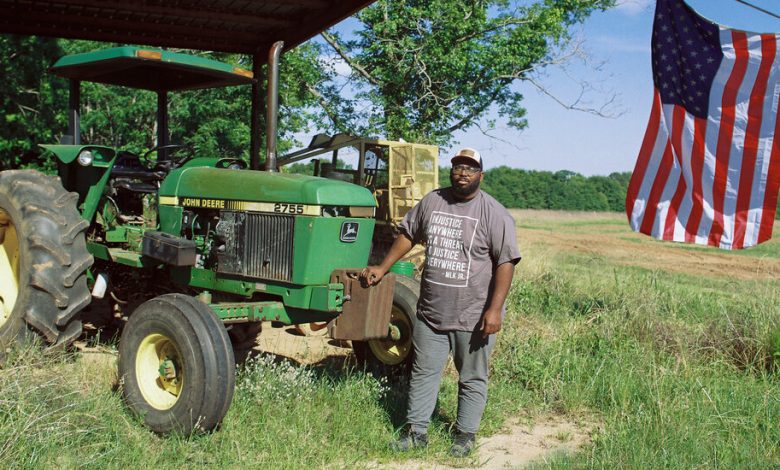Black Farmers in Georgia Cool to Biden, Reflecting a Bigger Challenge

On a hot day in May, Andrew L. Smith Sr., a vegetable farmer from Ludowici, Ga., listened with skepticism as Tom Vilsack, the U.S. agriculture secretary, touted President Biden’s efforts to help Black farmers overcome decades of discrimination.
Seated alongside hundreds of farmers in front of a former plantation once owned by a Georgia slaveholder, Mr. Smith, 62, wondered why he had not benefited from any of those programs, including one aimed at helping Black farmers clear their debts.
Mr. Smith, a third-generation farmer, said he was especially frustrated that he is not eligible for another effort that will compensate farmers who have faced discrimination. He was told that he cannot apply for that money because he does not have the correct paperwork documenting the discrimination his family faced.
“We march on using what we got and then they tell us that you can’t even use that,” he said.
Mr. Smith voted for Mr. Biden in 2020. This year, he is considering backing former President Donald J. Trump.
Black voters are key to Mr. Biden’s re-election, but many say they are disenchanted with the president and are considering voting for Mr. Trump in November. The visit by Mr. Vilsack to the Sherrod Institute’s annual “field day” in Albany, Ga., was part of an intensifying effort by Mr. Biden’s top aides to court them ahead of the election. Polls show that Mr. Biden’s support among a constituency that powered him to victory in 2020 has been shaky in critical swing states like Georgia, where Black farmers are a small but important voting bloc that is feeling let down.
At the farm event, Mr. Vilsack tried to make the case that progress is underway. He pointed to a new racial equity committee, the hiring of several Black leaders and efforts to root out racism within the Agriculture Department, which some Black farmers call the “last plantation” because of its history of lending policies that discriminated against Black farmers.
